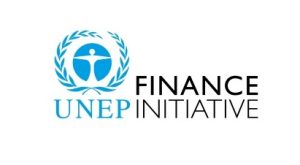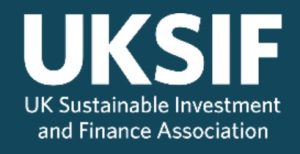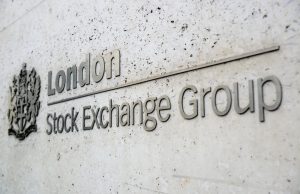Corporate Sustainability Due Diligence Directive
This article introduces one of the ESG regulations in Europe, the Corporate Sustainability Due Diligence Directive (CSDDD).
The Corporate Sustainability Due Diligence Directive is a regulation related to the EU Taxonomy and Corporate Sustainability Reporting Directive (CSRD), which aims to require companies to incorporate due diligence processes about environment and human rights in their entire activity chains.
Related Post: The EU Adopted Corporate Sustainable Due Diligence Directive
Basic Information about Corporate Sustainability Due Diligence Directive
The main objectives of the Corporate Sustainability Due Diligence Directive include:
- Establish a standardized legal framework for sustainable development and human rights work.
- Encourage enterprises to improve risk management and flexibility.
- Raise awareness among businesses about the impact on the environment and human rights.
- Enhance customer trust in sustainable development and human rights work of enterprises.
- Enhance the attractiveness of enterprises to talents and investors with sustainable development awareness.
- Encourage enterprises to focus on innovation.
- Encourage enterprises to obtain additional financing opportunities.
- Improve the environment for the next generation.
- Encourage improvements in working conditions around the world.
- Enhance market awareness of sustainable issues.
The Corporate Sustainable Due Diligence Directive applies to EU and non-EU parent companies conducting business within the EU with over 1000 employees and a global turnover of over 450 million euros. The implementation schedule is as follows:
- 2027: Enterprises with over 5000 employees and a global turnover of over 1.5 billion euros.
- 2028: Enterprises with over 3000 employees and a global turnover of over 900 million euros.
- 2029: Enterprises with over 1000 employees and a global turnover of over 450 million euros, as well as companies with franchise rights in the European Union and a global turnover of over 80 million euros with franchise revenue over 22.5 million euros.
How to Comply with Corporate Sustainability Due Diligence Directive
In order to comply with the Corporate Sustainability Due Diligence Directive, companies must develop and implement climate transition plans to ensure that their business meets the Paris Agreement’s 1.5 ° C warming target. In addition, companies must conduct due diligence to ensure that they can identify and mitigate sustainable and human rights risks in their activity chains, including:
- Incorporate the due diligence process into the corporate policies of business and business partners (both direct and indirect).
- Identify and evaluate the adverse impacts (both actual and potential) on the environment and human rights in the business operations and activity chain.
- Prevent, mitigate, prevent or minimize these adverse effects, such as establishing complaint procedures that enable stakeholders to disclose adverse environmental and human rights impacts.
- Monitor and evaluate the effectiveness and overall performance of measures in accordance with the requirements of the Corporate Sustainability Due Diligence Directive.
- Disclose their results in the form of an annual statement on their website. Companies that have already complied with the Corporate Sustainability Reporting Directive (CSRD) do not need to make new disclosures, while companies that have not complied with the Directive are required to disclose. The annual statement must be disclosed before the release of the annual financial statements.
- Take remedial measures to improve risk management related to adverse environmental and human rights impacts.
Corporate directors have a responsibility to incorporate due diligence into corporate strategy and establish and oversee due diligence processes as part of routine board work. If a company fails to disclose in accordance with the requirements of the CSDDD, it may be held liable for damages by any affected company or individual in the supply chain. EU member states will also establish institutions to implement and supervise the CSDDD, in order to regulate compliant enterprises.
Small and medium-sized enterprises will not be directly affected by corporate sustainable due diligence directives, but they may be part of the supply chain of large enterprises and therefore need to indirectly comply with these principles. Small and medium-sized enterprises may need to adjust their internal business processes to comply with the due diligence requirements of large enterprises.
Reference:





